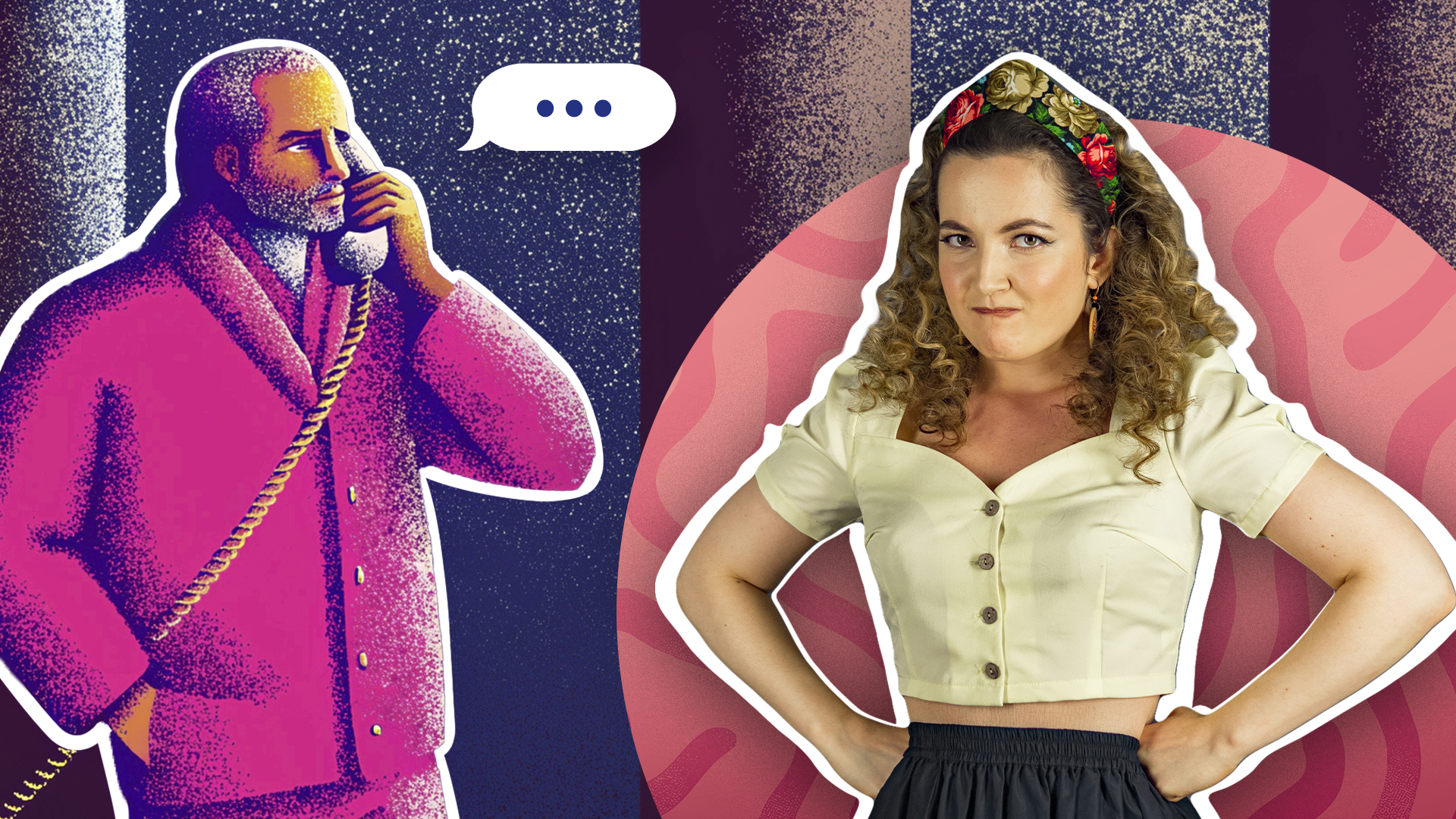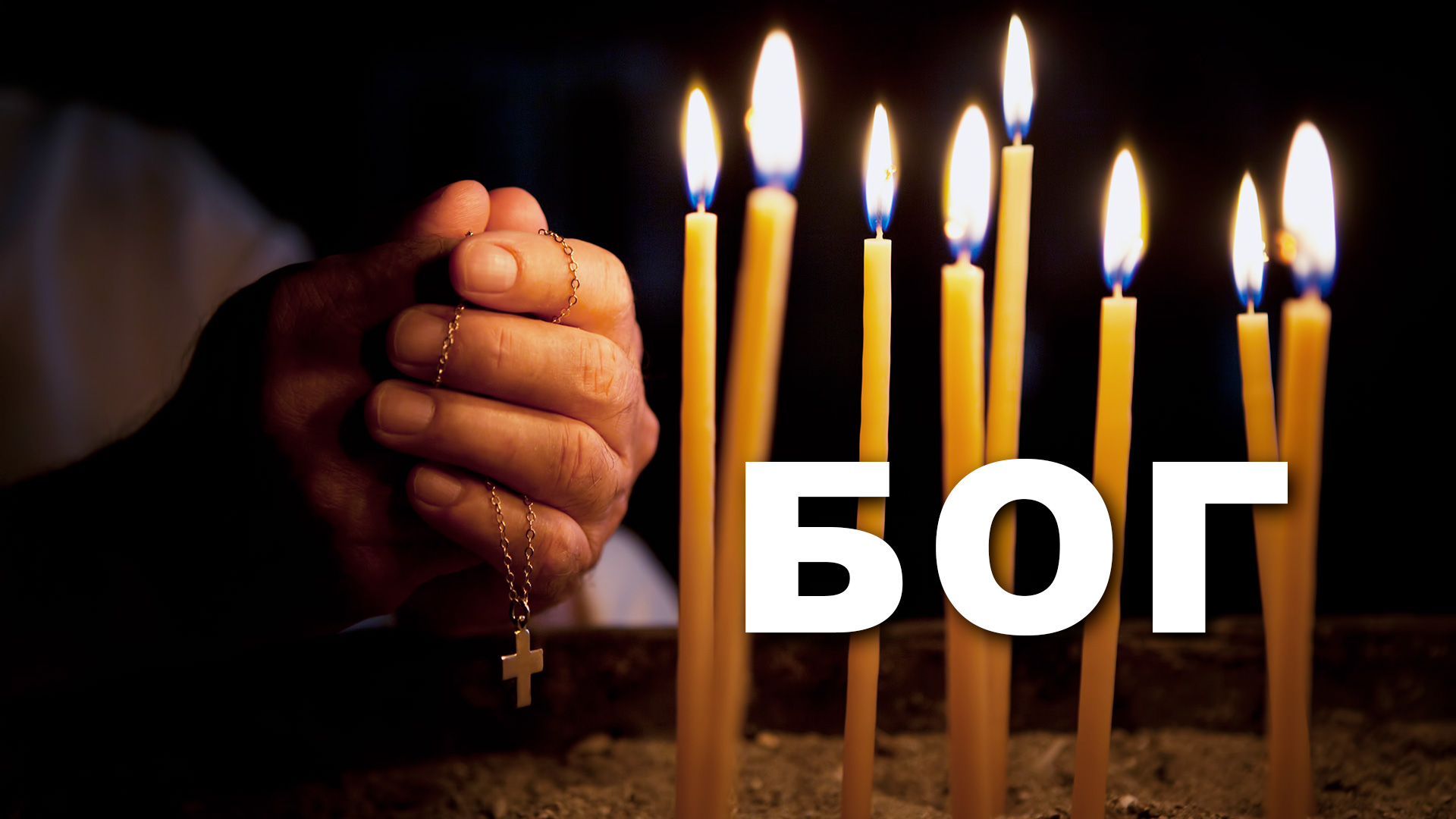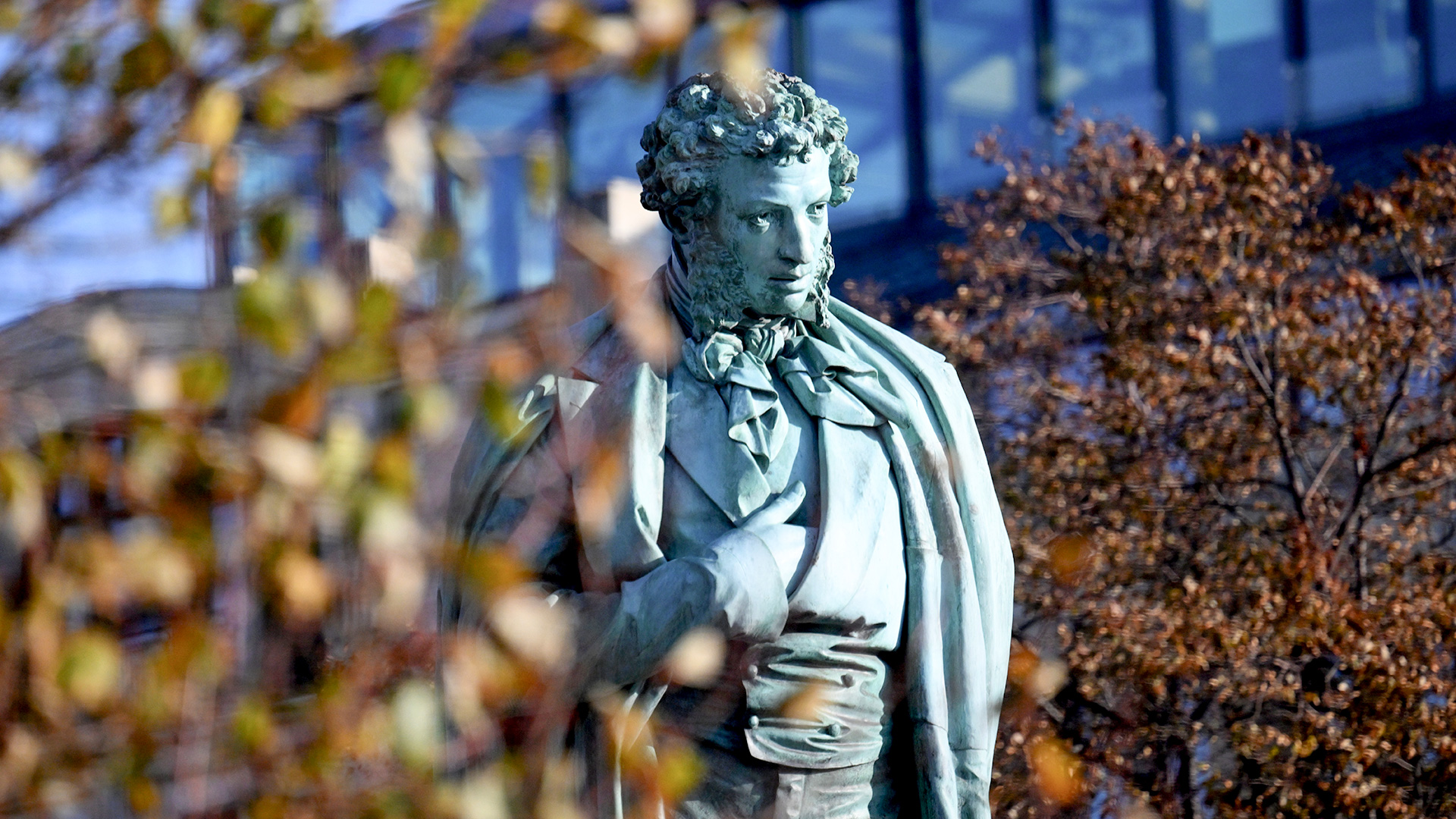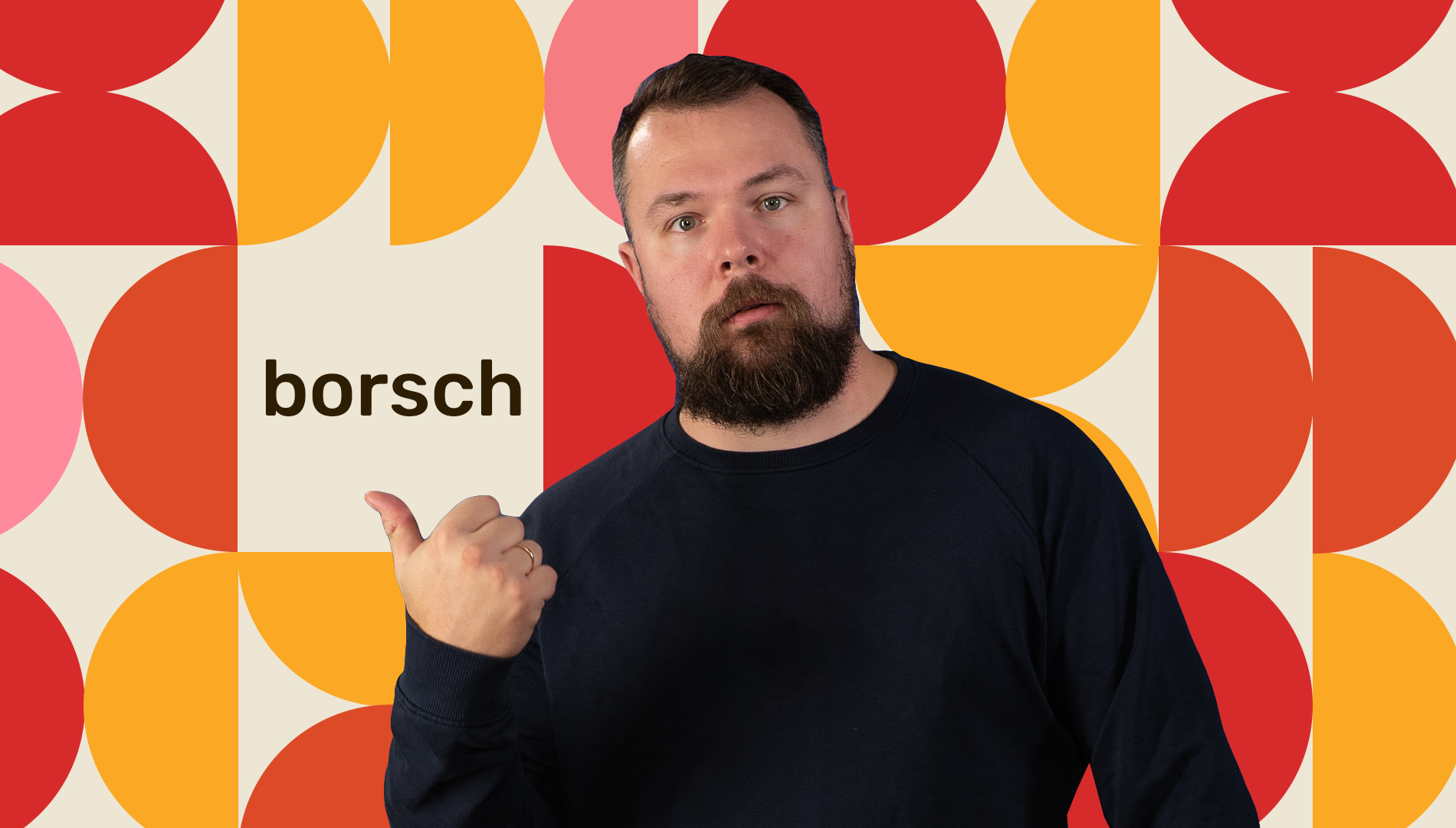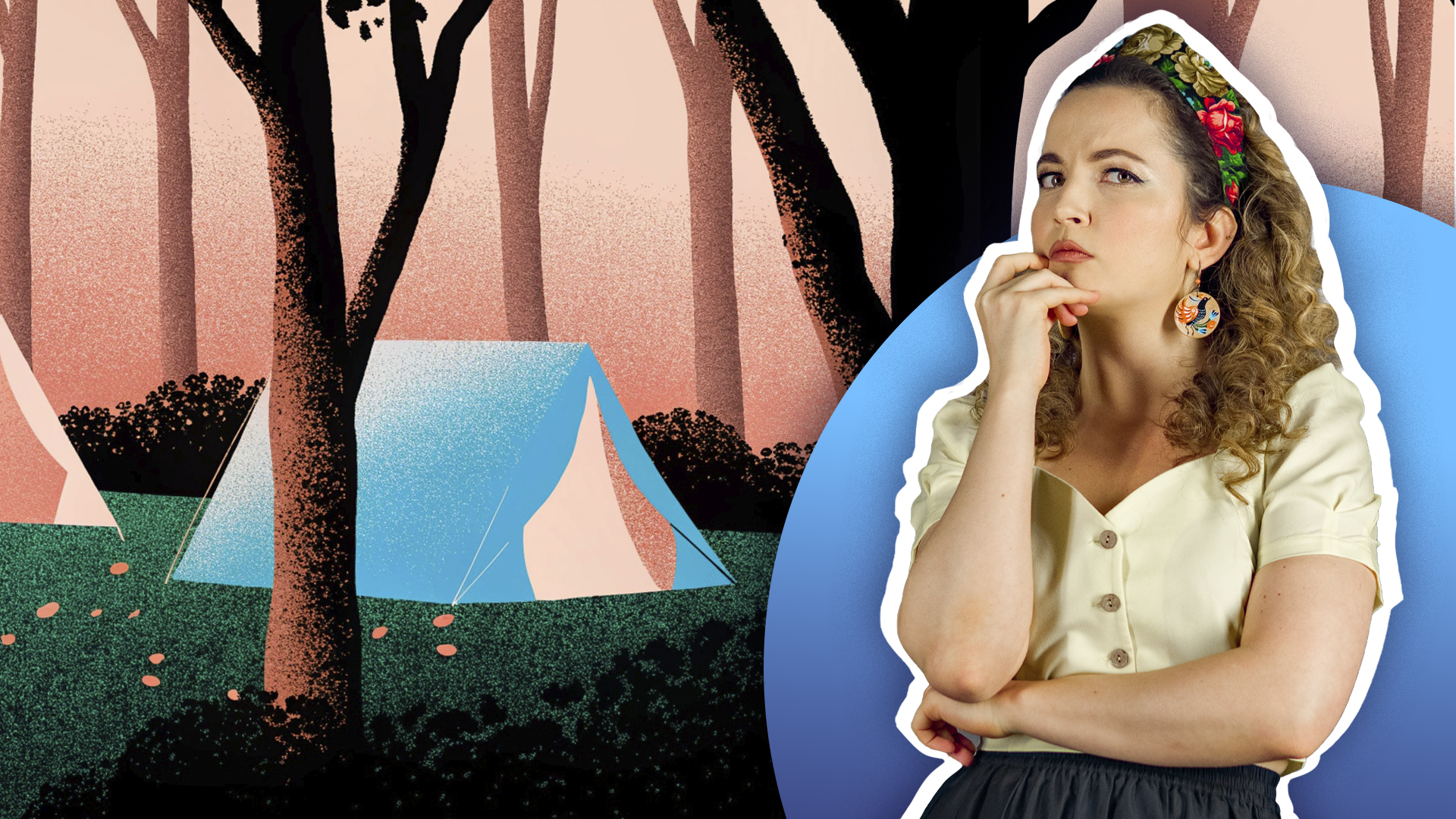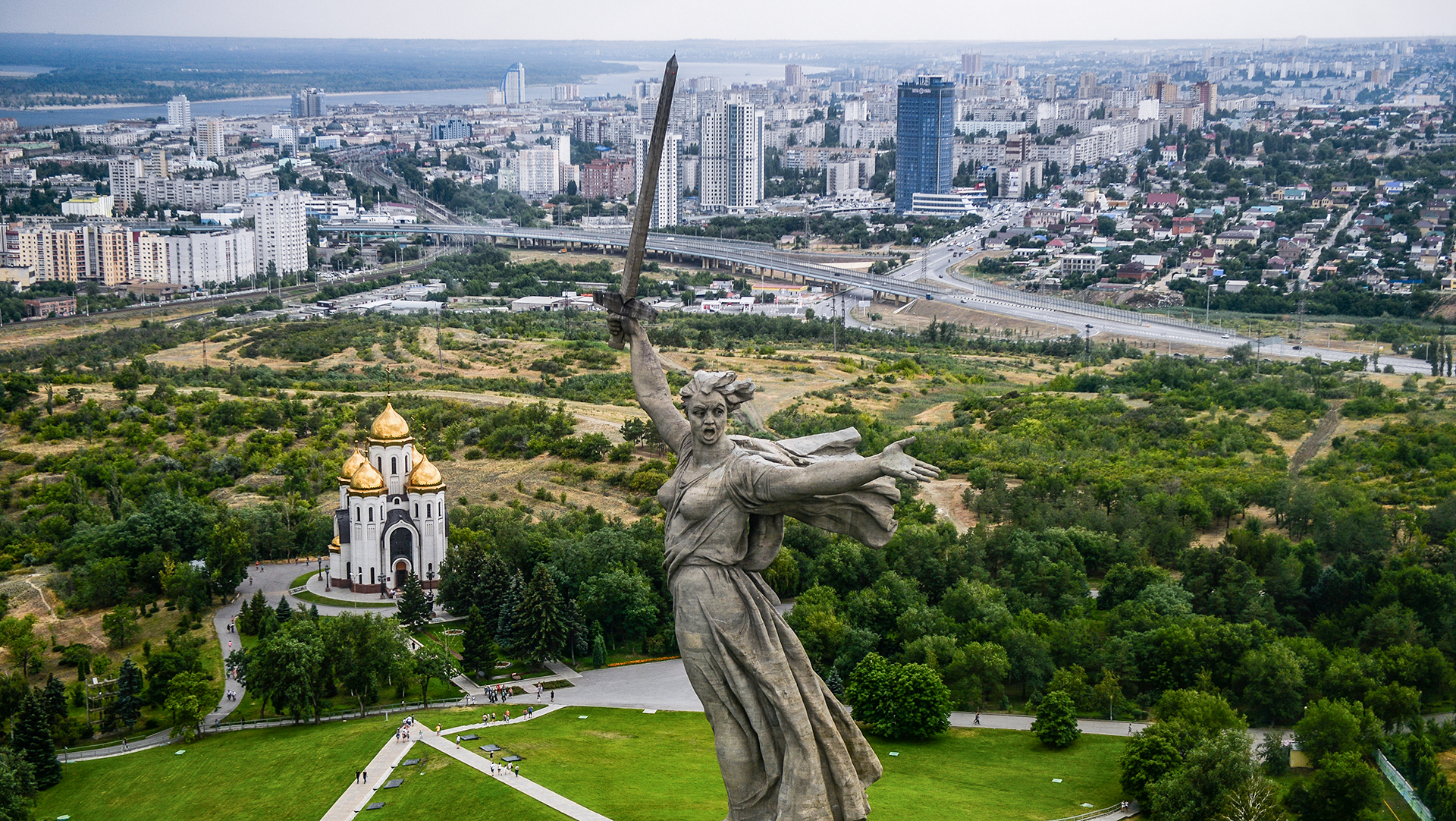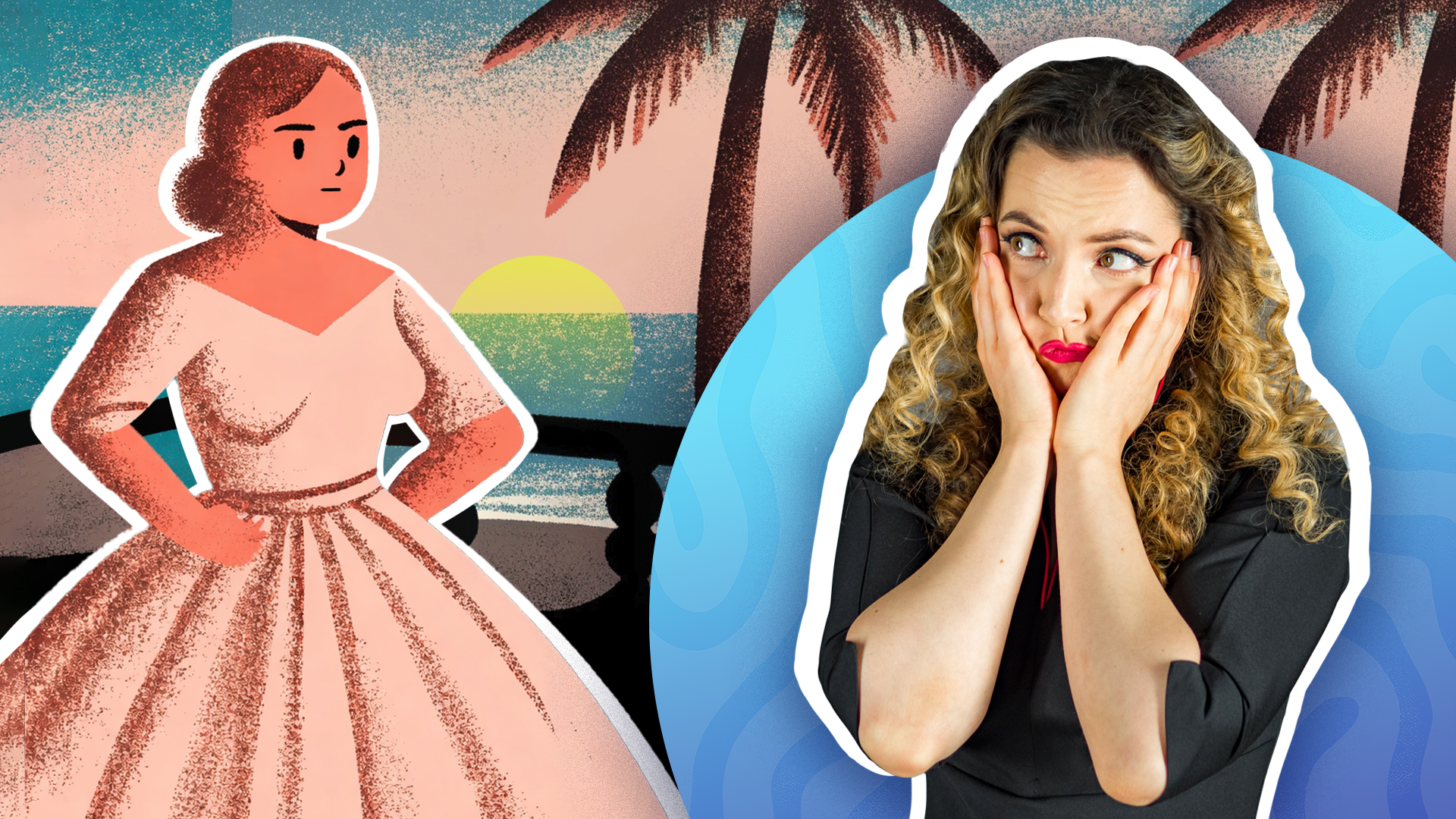
Rebecca from Madagascar: ‘I know Pushkin by heart!’
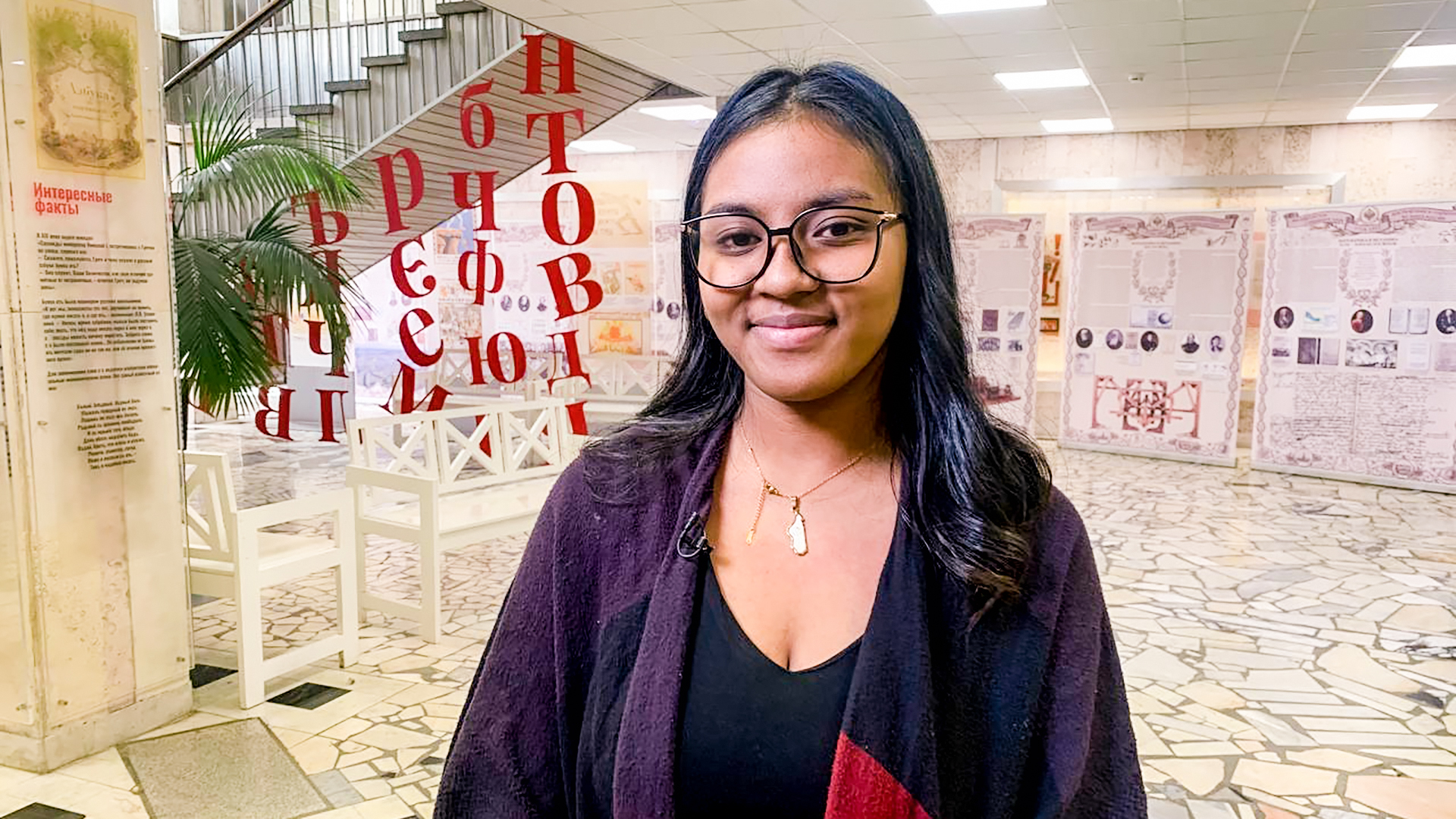
Why Russian?
Rebecca Ranjalahy Anjatiana is currently studying in the preparatory faculty at the Pushkin State Russian Language Institute in Moscow.

“I decided to learn Russian, because it is a beautiful and rich language, I like the way it sounds, I like its melody,” she says.
Before going to Moscow, Rebecca had already studied Russian for three years at the University of Antananarivo in Madagascar. Every day, for four hours, the girl and her few classmates, who had also chosen this “rare” language, studied the cases and forms of declension of verbs.
Rebecca was not afraid of difficulties. “After university, I plan to become a teacher of the Russian language in my country,” she says.
But, first, she decided to study in Russia for a while, in order to better integrate into the language environment.
Love for Russia & Pushkin
The Russian language seemed exotic at first, but Russia itself turned out to be even more exotic: “I came to Russia for the first time at the end of November. It was snowing! This doesn't happen in Madagascar. It was very beautiful, but it was cold,” Rebecca recalls with a smile.
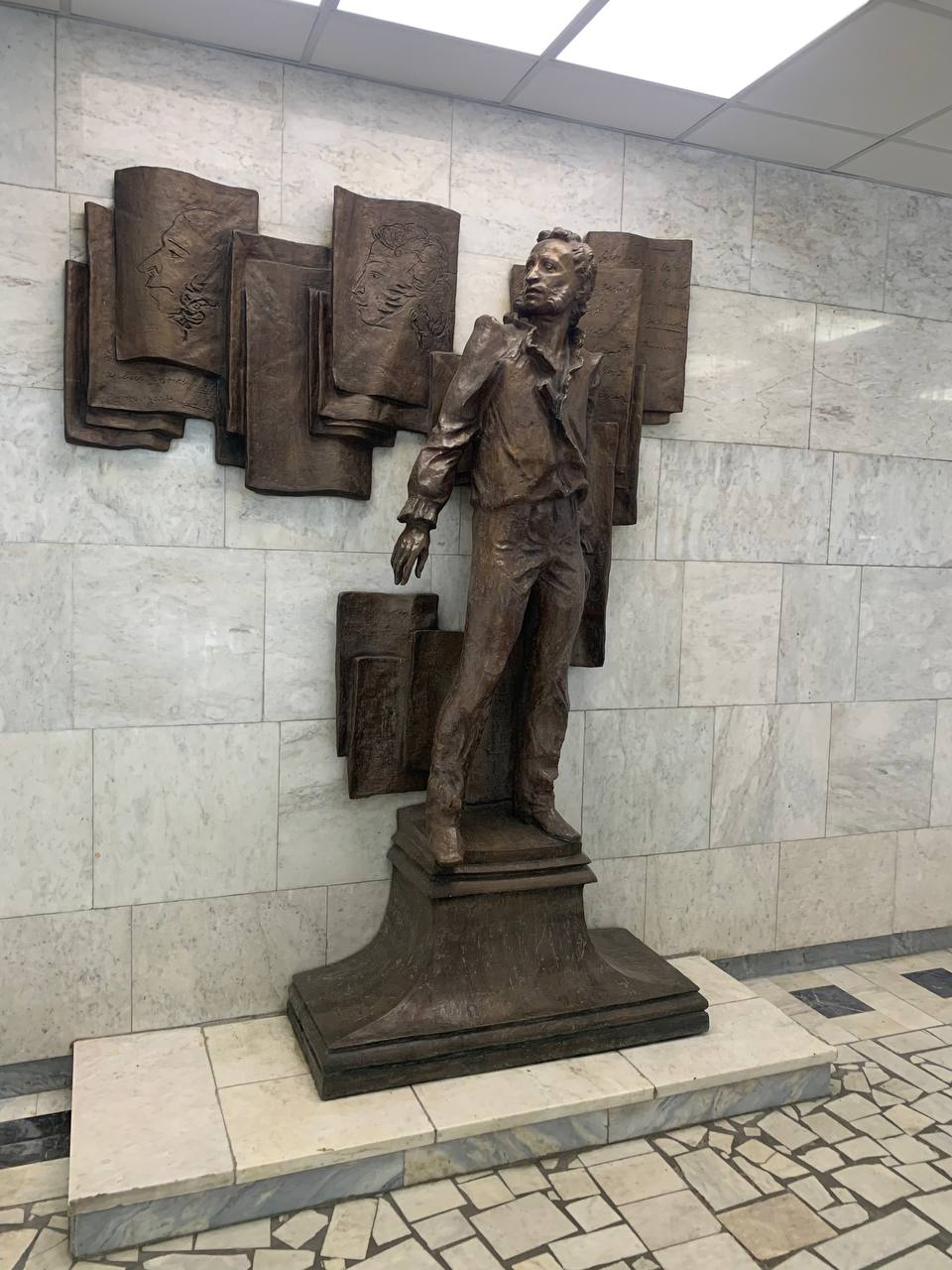 Monument to Pushkin in the Pushkin Institute
Monument to Pushkin in the Pushkin Institute
Every day, the Russian language helps her not only get closer to becoming a teacher, but also to make new acquaintances. Now, Rebecca lives in the institute's dormitory and has many Russian friends.
“For me, Russian is not only about communication, but it’s also the key to understanding Russian culture and traditions.”
Rebecca has a favorite Russian writer – Alexander Pushkin – in which honor the institute is called. “I like to read about love and he wrote a lot about love!”
Rebecca especially likes Pushkin's poem ‘I loved you’ and she knows it by heart. Watch how she recites it.
The most complicated thing in Russian
When Rebecca was studying in first grade at Madagascar University, she got confused and said ‘девушка’ (‘girl’) instead of ‘дедушка’ (‘grandpa’). Now, she remembers it with a laugh. After all, some things are much more complicated.
“For me, the most difficult things are the cases and accents. And, sometimes, it's difficult for me to choose the correct form of imperfective and perfective verbs,” Rebecca says.
And it's also hard for her to pronounce the ‘L’ sound. To pronounce the word ‘был’ (‘was’), she says she needs to strain her vocal cords in an unusual way for her.
‘Gateway to Russia’ is grateful to the Pushkin State Russian Language Institute for its help in preparing this interview.
In order to get free education at leading Russian universities, foreigners can fill out a questionnaire and submit an application at education-in-russia.com.
You can study at the Pushkin Institute for free in the Bachelor's, Master's and Doctorate programs. Read more about how to enroll at the Pushkin Institute at pushkin.institute.
Moreover, the Pushkin Institute offers additional programs for those who want to learn Russian and for professional development of teachers. In particular, the institute holds an annual Summer School for foreign citizens. Detailed information is available here: clck.ru/3DmTTq.
For questions about candidate selection in your country, please contact Rossotrudnichestvo's representative offices or diplomatic missions of the Russian Federation.




